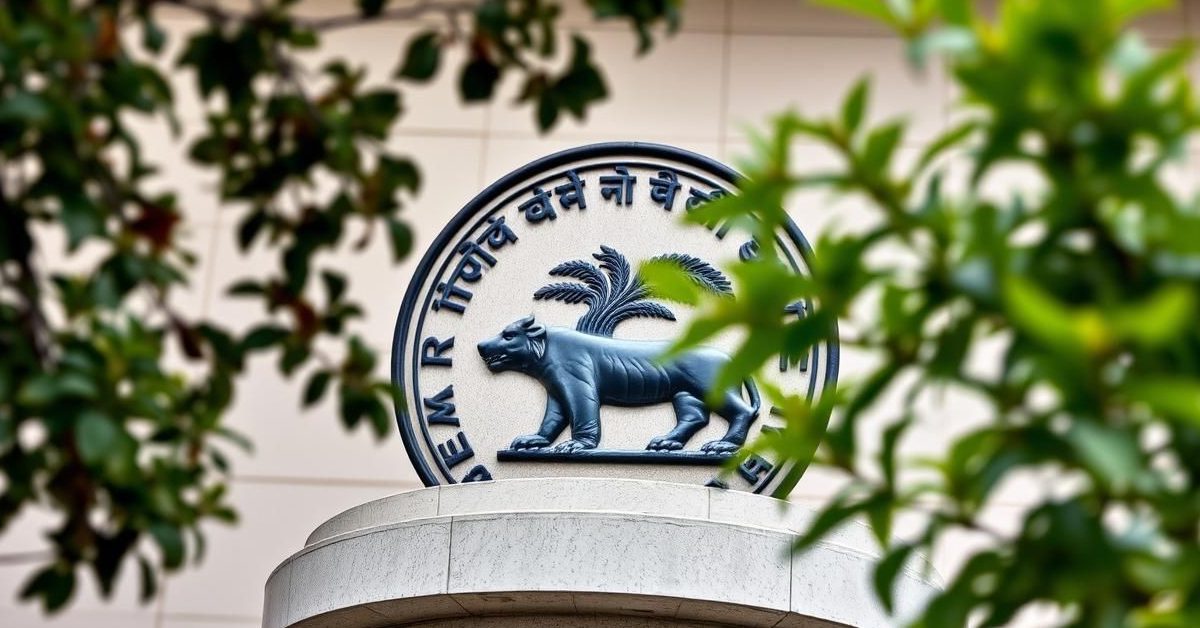Public sector banks in India have collected nearly Rs 9,000 crore in penalties from customers for not maintaining minimum balances over the past five years.
Minimum Balance Penalties: A Multi-Crore Collection
India’s public sector banks (PSBs) have been collecting significant amounts in penalties from customers who failed to maintain a minimum average monthly balance in their accounts. According to data shared by the Finance Ministry, these charges totaled Rs 8,932.98 crore over a five-year period, from 2020-21 up to 2024-25.
This substantial figure highlights the financial impact these charges have had on countless bank account holders across the country.
A Welcome Change: Banks Waive Charges
In a significant move offering relief to customers, several PSBs have recently announced the waiving of these minimum balance charges. Union Bank of India, for instance, stated its decision aims to ensure uniformity and enhance accessibility of basic banking services.
Other major public sector lenders, including Canara Bank, Bank of Baroda, Punjab National Bank, Indian Bank, Bank of India, and Central Bank of India, have also ended these charges. State Bank of India, the country’s largest lender, stopped levying these penalties even earlier, in March 2020.
Government’s Push for Rationalisation
The Department of Financial Services (DFS) under the Finance Ministry has actively advised banks to review and rationalize these penal charges. A key focus of this directive is to provide relief, particularly to customers residing in semi-urban and rural areas, who often face unique challenges in maintaining minimum balances.
Who Collected the Most?
Among the PSBs, Indian Bank stood out, collecting the largest share of these penalties. It garnered Rs 1,828.18 crore over the five-year span, accounting for about a fifth of the total collections.
Punjab National Bank followed with Rs 1,662.42 crore, while Bank of Baroda rounded off the top three, collecting Rs 1,531.62 crore from customers for non-maintenance of minimum funds.
The Collection Trend Over Years
The collection of these penalties saw a steady increase over most of the period. Starting at Rs 1,142.13 crore in 2020-21, the amount surged by 25% in 2021-22, 30% in 2022-23, and another 26% in 2023-24, reaching Rs 2,331.08 crore. However, there was a slight dip of 7% in 2024-25, indicating a potential shift even before the recent waivers.
Why the Policy Shift Now?
The decision by banks to waive these charges comes amidst evolving financial dynamics. Banks have been facing pressure on their Current Account Savings Account (CASA) ratios, which represent the cheapest source of funds for them.
The Reserve Bank of India (RBI) has noted a shift in banks’ liability profiles, with a growing share of higher-cost term deposits and Certificates of Deposit (CDs) compared to low-cost CASA deposits. By removing these charges, banks might aim to attract and retain more low-cost CASA funds, benefiting both the institutions and their customers.
- Public sector banks collected nearly Rs 9,000 crore in minimum balance penalties over five years.
- Several major PSBs, including Union Bank, Canara Bank, and PNB, are now waiving these charges.
- The Finance Ministry has urged banks to rationalize these fees, especially for rural customers.
- Indian Bank, Punjab National Bank, and Bank of Baroda were the top collectors of these penalties.
- The shift in policy aligns with banks’ efforts to manage their funding costs and enhance customer service.
This widespread waiving of minimum balance charges marks a significant change, potentially making basic banking more accessible and less burdensome for millions of account holders.














